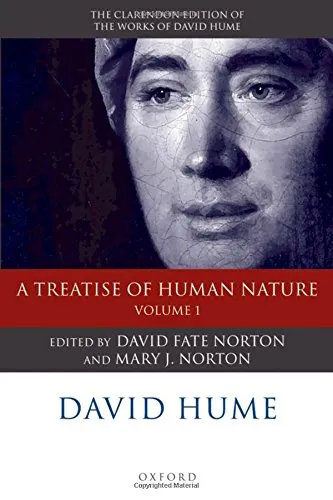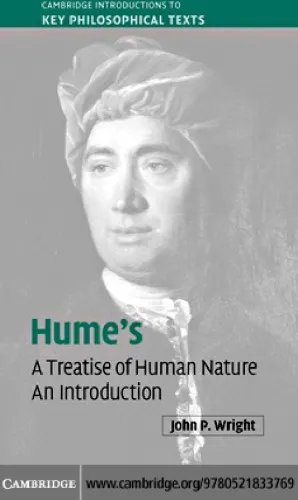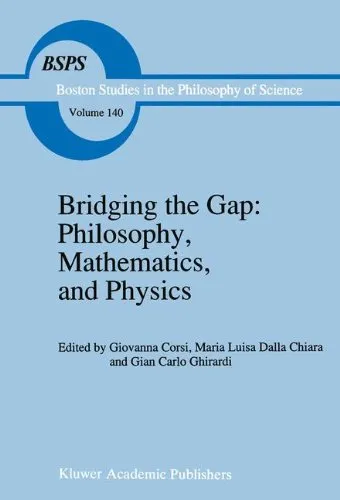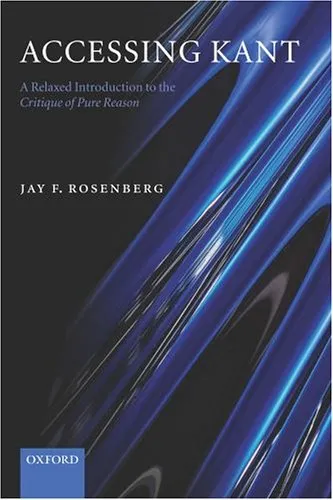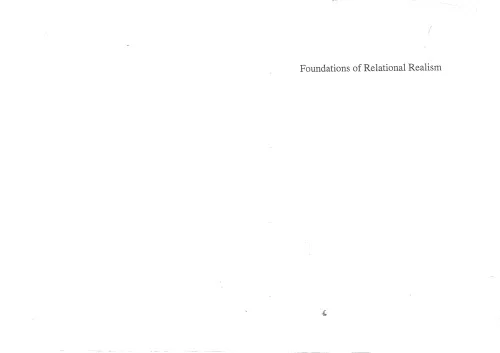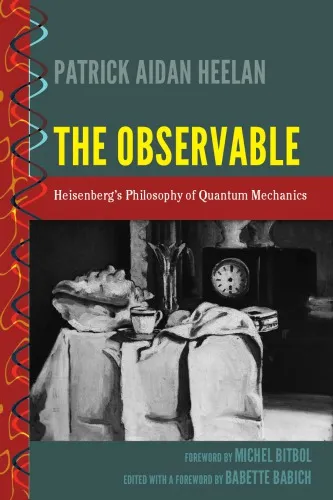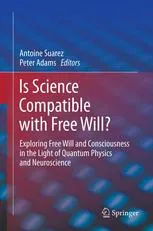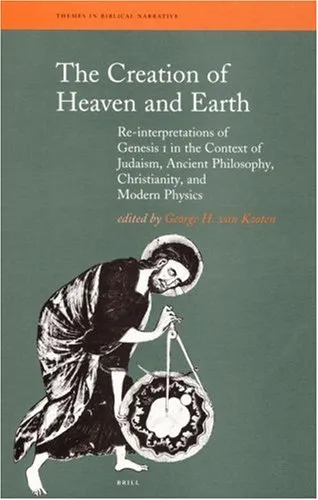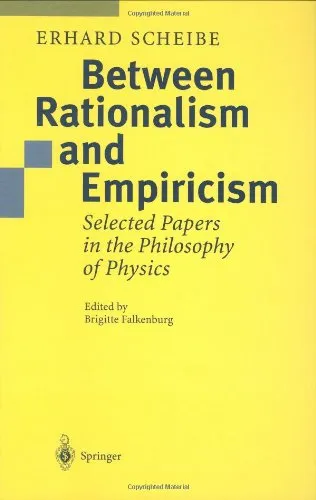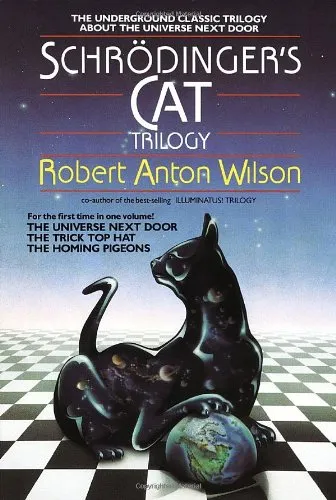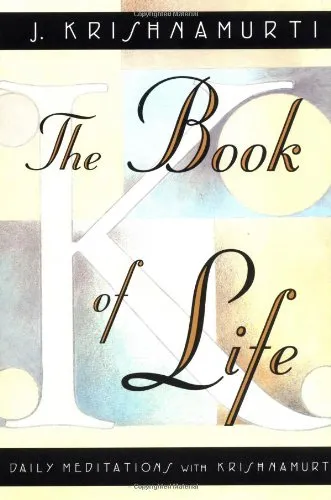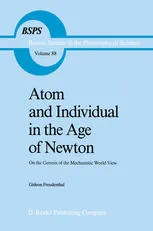David Hume: A Treatise of Human Nature: Volume 1: Texts
4.6
Reviews from our users

You Can Ask your questions from this book's AI after Login
Each download or ask from book AI costs 2 points. To earn more free points, please visit the Points Guide Page and complete some valuable actions.Related Refrences:
Welcome to the world of philosophy with David Hume's seminal work, 'A Treatise of Human Nature: Volume 1: Texts'. This masterpiece is an essential foundation for students, scholars, and enthusiasts alike who wish to delve into the intricate exploration of human nature. Carefully edited by David Fate Norton and Mary J. Norton, this volume provides a comprehensive and accessible rendition of Hume's original texts, ensuring fidelity to his pioneering thoughts while making them relevant in the modern context.
Detailed Summary of the Book
David Hume’s 'A Treatise of Human Nature' is widely considered one of the most important philosophical works of the early modern period. This first volume, 'Texts', systematically covers Hume's explorations of human cognition, passion, and the basis of morality. Hume begins by dismantling the belief in innate ideas, arguing instead for a theory of ideas that emphasizes experience and impression as the bedrock of human cognition. He divides these impressions into simple and complex categories, allowing for a nuanced examination of how ideas form and transform within the human mind.
Hume proceeds to dissect the concept of causation, distinguishing between the philosophical and natural beliefs in causality, thereby laying the groundwork for the problems of induction. He ventures into an analysis of human emotions and passions, illustrating how they are not only products of human perception but also key influencers of actions and moral judgments. The book also tackles the nature of personal identity, challenging traditional metaphysical notions and positing a more fluid and less rigid understanding of the self.
Key Takeaways
- Rejection of Innate Ideas: Hume argues that all knowledge originates from sensory experience, fundamentally challenging the notion of innate ideas.
- Impressions and Ideas: The text elaborates on the distinction between direct sensory experiences (impressions) and the mental reflection of these experiences (ideas).
- Theory of Causation: Hume's exploration of causation questions the certainty of causal relationships, emphasizing habitual association rather than logical necessity.
- Understanding of Self: Hume presents a revolutionary perspective on human identity, suggesting that the self is a bundle of perceptions without true permanence.
- Emotion and Morality: The role of passion in human behavior is examined, highlighting its influence on ethical and moral decision-making.
Famous Quotes from the Book
"Reason is, and ought only to be the slave of the passions, and can never pretend to any other office than to serve and obey them."
"All ideas are derived from impressions, and are nothing but copies of our impressions."
Why This Book Matters
David Hume's 'A Treatise of Human Nature' is not only a cornerstone of Western philosophy but also a text of enduring relevance. It marks a critical turning point in philosophical thought, moving away from speculative reasoning towards a more empirical approach to understanding human behavior. The ideas presented challenge preconceived notions about the mind, reason, and morality, inviting readers to question the very foundations of knowledge and belief. Hume’s work catalyzed a shift in philosophical investigations, steering future philosophers such as Immanuel Kant and modern thinkers towards empiricism and naturalism. The treatise remains a pivotal work for anyone aspiring to comprehend the philosophical inquiries that continue to challenge and shape our understanding of human nature today.
Free Direct Download
You Can Download this book after Login
Accessing books through legal platforms and public libraries not only supports the rights of authors and publishers but also contributes to the sustainability of reading culture. Before downloading, please take a moment to consider these options.
Find this book on other platforms:
WorldCat helps you find books in libraries worldwide.
See ratings, reviews, and discussions on Goodreads.
Find and buy rare or used books on AbeBooks.
1428
بازدید4.6
امتیاز0
نظر98%
رضایتReviews:
4.6
Based on 0 users review
Questions & Answers
Ask questions about this book or help others by answering
No questions yet. Be the first to ask!
